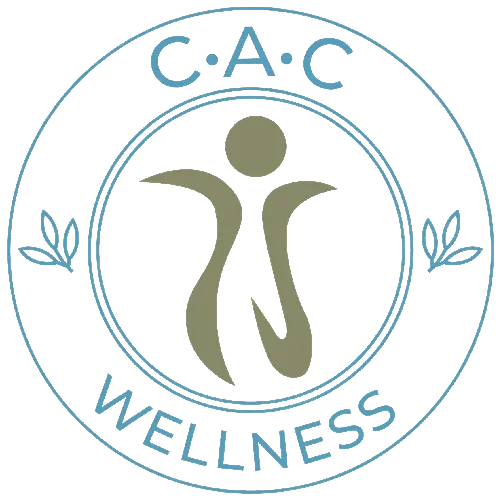Living with fibromyalgia can feel unpredictable. A bit like Tennessee weather, really… Some days are bright and sunny, with minimal pain and fatigue. But just as quickly, a storm can roll in, bringing intense pain, fatigue, and brain fog. It’s like you’re constantly checking the forecast, never quite sure how your day will turn out.
Fibromyalgia symptoms, too, can flare up in unexpected ways. A walk that felt good one day might hurt a lot the next. Lifting grocery bags might have seemed easy that one time but now it‘s like lifting a bag of bricks.
One important lesson that you’re likely to learn on your journey to wellness is the importance of self-care. Let’s explore some self-care tips that can benefit anyone with fibromyalgia.
1. Learn to say no
Setting boundaries is the foundation of self-care when dealing with fibromyalgia. Without them, it’s easy to lose sight of your own needs while prioritizing others. It’s important to learn to say “no” to protect yourself when necessary.
You may feel like you have limited energy reserves, and that’s completely okay. Saying yes to too many commitments can quickly drain you of energy so you must conserve your precious energy for essential tasks and self-care.
2. Schedule “me” time
Creating space for yourself in your daily schedule is crucial. Allocating dedicated time for self-care activities can help you recharge and reduce the impact of fibromyalgia symptoms. Consider maintaining a calendar where you schedule your appointments and important events.
Make it a priority to include activities you enjoy and highlight them to ensure you don’t overlook them. This simple act of planning can make a significant difference.
3. Make sure you’re sleeping well
Getting a good night’s sleep is crucial for managing fibromyalgia. Create a bedtime routine that helps you relax and unwind. Ensure your sleeping environment is comfortable and free from distractions. If sleep problems persist, consider discussing them with a healthcare professional.
We’d advise that you try out our muscle health support products, designed to support your muscles and joints. They promote restful sleep so you wake up feeling refreshed enough to take on the day.
4. A little exercise goes a long way
While intense workouts may not be suitable, including gentle exercise in your routine can help relieve fibromyalgia symptoms. Activities like walking, swimming, or yoga can improve flexibility, reduce pain, and boost your mood.
Start slowly and consult with your doctor before beginning any exercise program.
5. Consider joining a support group
We want you to know that you’re not alone. Our journey began as an arthritis clinic and we’ve seen, heard, and supported countless people in your shoes. So while we’d be more than happy to help if you reach out, we’d also ask you to consider joining a support group.
Joining a support group can provide you with a sense of community and understanding. Sharing your experiences with others who are going through similar challenges can be both comforting and empowering.
Managing fibromyalgia requires patience, self-compassion, and a commitment to self-care.
By setting boundaries, scheduling “me” time, prioritizing quality sleep, embracing gentle exercise, and seeking support from a community, you can navigate the unpredictable journey of fibromyalgia with greater resilience and well-being.
Remember, you’re not alone on this path, and there are resources and strategies to help you thrive despite the challenges.

